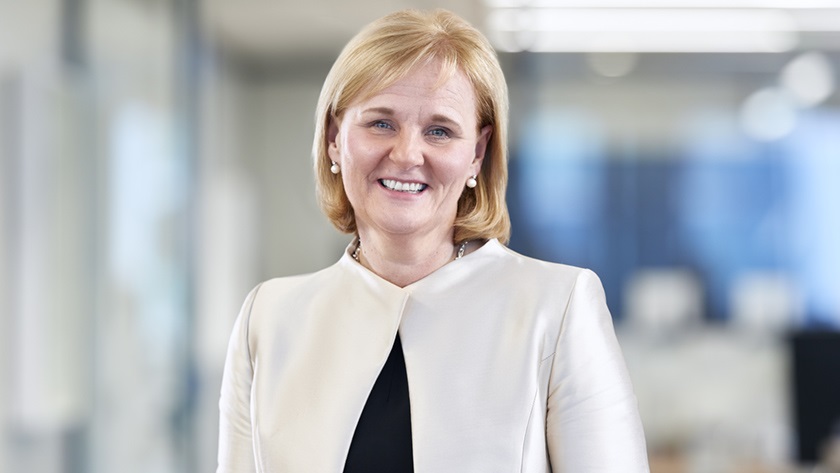Interactive Investor’s decision to give all customers access to its free voting service resulted in a 48% jump in the number of ballots processed on its platform during the first half of this year.
There were 133,997 votes cast in H1 2022, up from 90,558 in the same six-month period last year.
While the opening up of its voting service in November 2021 will undoubtedly have played a role in the rise, it is also the continuation of an emerging trend. In H1 2020, there were 36,626 votes cast, up from just 24,904 in the first half of 2019.
When looking at the proportion of customers who voted, there is an improvement but still clearly a long way to go. Only 6% of Interactive Investor customers cast a ballot in H1 2019, rising in increments to 16% in H1 2022.
Issues that matter
The figures from Interactive Investor follow a recent report from MSCI ESG Research that suggests companies are increasingly being controlled by a single or group of shareholders, which risks smaller voices being drowned out.
This could make it more difficult to force companies to implement changes, whether replacing an under-performing management team or addressing climate change.
While the proportion and overall number of ballot casters is quite low, there are certain issues most likely to generate a stronger turnout.
The top three most voted meetings in H1 2022 were Lloyds Banking Group, BP and Aviva.
Lee Wild, head of equity strategy at Interactive Investor, said: “Our most-voted companies are the biggest, which is not a huge surprise given their size and profile, but the trend more broadly is very encouraging.
“In fact, it’s great to see private investors voting at these FTSE giants’ AGMs – after all, these meetings are usually the only time a company of a FTSE 100 company’s size and scale ever hears directly from an individual shareholder.”
The Lloyds AGM was dominated by its remuneration policy, while BP focused on the energy transition.
But shareholder engagement can be a double-edged sword, as Aviva chief executive Amanda Blanc (pictured) found out during the company’s AGM in May.
It was the first in-person meeting since the pandemic and a misogynistic shareholder took the opportunity to say Blanc was “not the right man for the job” and that she should be “wearing trousers”.
No cherry picking
When it comes to which votes customers are notified about, Interactive Investor said that it does not cherry pick.
Richard Wilson, CEO, Interactive Investor, said: “When you remove unnecessary barriers to voting, you help create change. And in a world where technology provides simple, time-saving solutions, it’s important we use it.
“The proof is in the pudding. Plenty of private investors want to vote, and they are growing in numbers. Not all resolutions will spark an interest, but some are impactful, from climate goals, executive pay through to fair treatment of workers.
“But it’s not for us to decide what’s important – investors must make that choice for themselves. It’s early days and there’s more to do, but this data shows the potential that private investors can have to affect change. And it’s hugely encouraging.”







